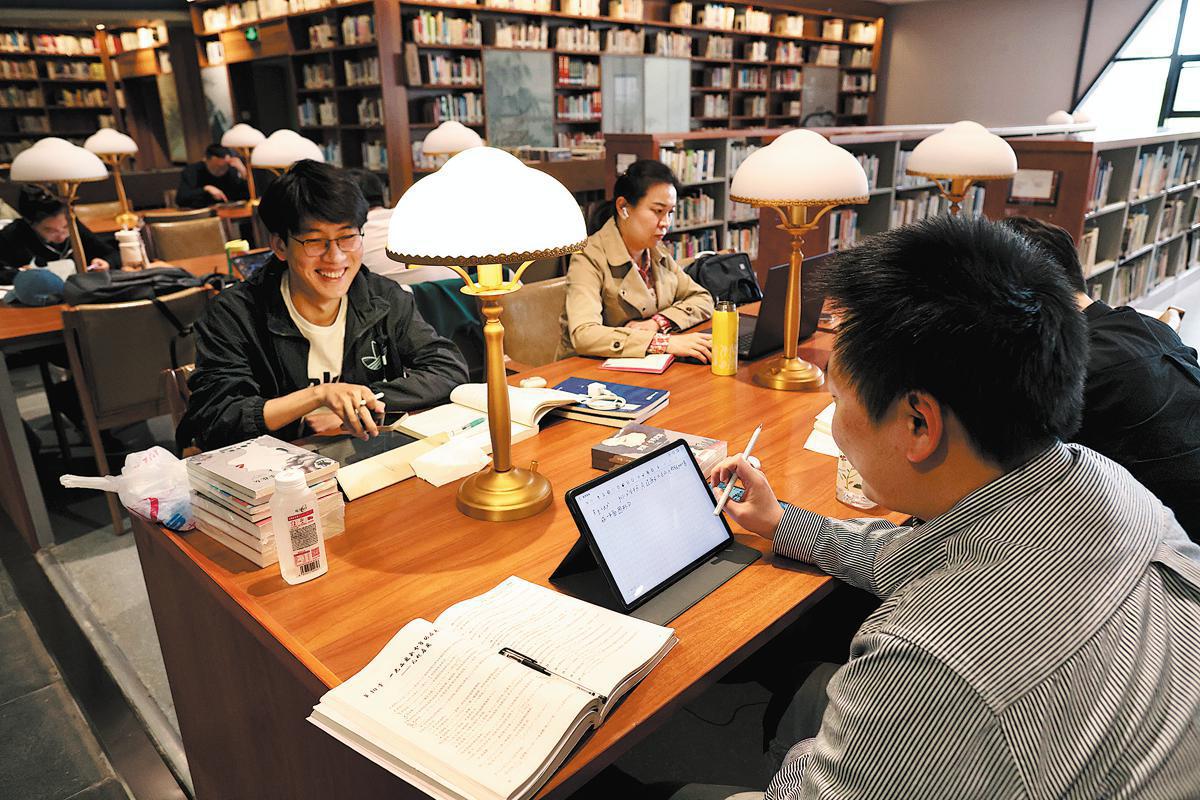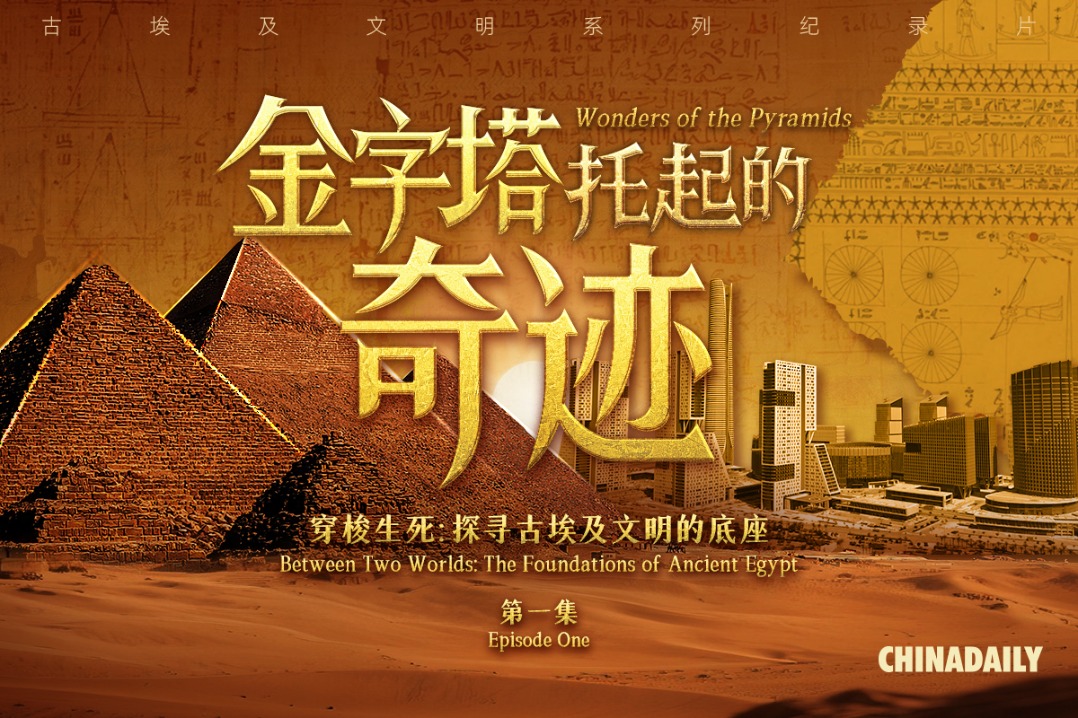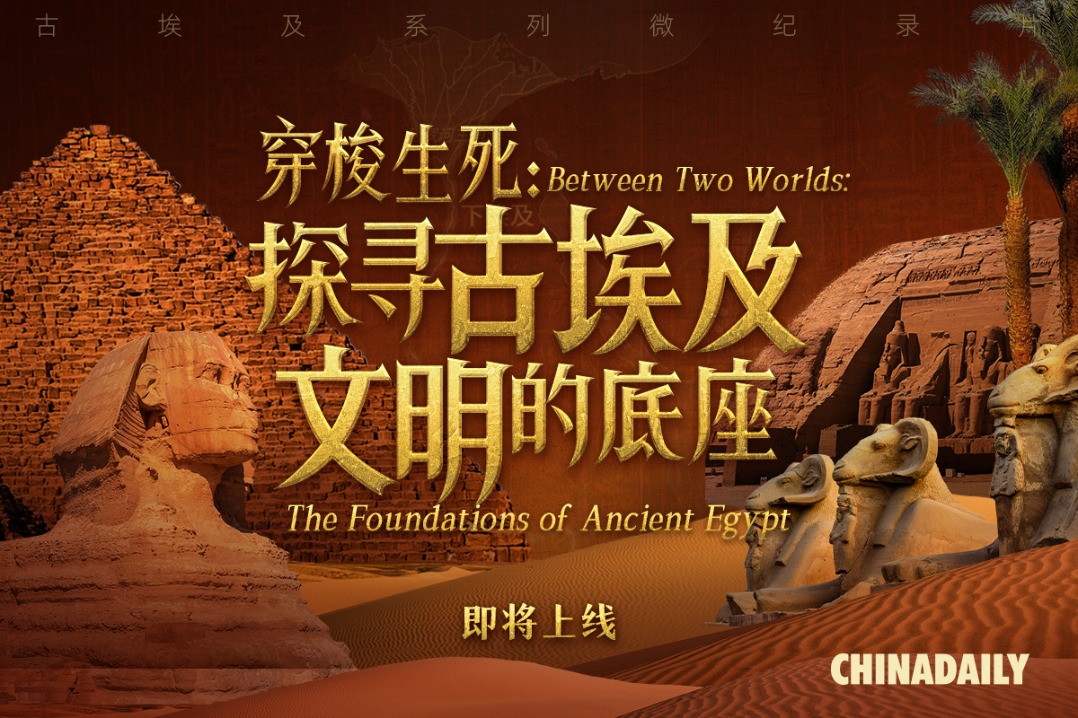Literature question: Have you seen the web at 4 am lately?


"Have you seen Los Angeles at 4 am?" The legendary basketballer Kobe Bryant once asked. He was referring to his predawn training grind, but today one can ask that about any city, as countless online readers are staying up late around the world, not for basketball, but to lay their hands on the latest chapter of a Chinese web novel. From Seoul to San Francisco, readers are sacrificing their sleep, hitting refresh on their favorite online reading platforms, as they wait for authors to drop new installments of epics or time-travel romances.
Online literature has emerged as a surprise superstar. According to the 2024 China Online Literature Blue Book, released by the China Writers Association on Tuesday, the number of active overseas readers reached an estimated 200 million in 2024, with around 30 million new users joining such platforms last year. Even more impressive, an additional 120,000 new overseas authors and 500,000 new works created overseas have made it to the global digital bookshelf.
The global appetite for Chinese online literature has exploded with more than 352 million users spread across more than 200 countries and regions accessing it in 2024; approximately 808,400 works in Chinese were exported, while another 40,000 accessed translations of Chinese works. By the end of 2024, China's online literature market had touched 43.06 billion yuan ($5.99 billion), up 6.8 percent year-on-year, according to the Chinese Academy of Social Sciences. Asia dominates with 80 percent of readership and over half of global revenue.
Meanwhile, North America has emerged as another powerhouse, claiming nearly 30 percent of the worldwide market as sci-fi, gaming and suspense novels attract an ever-expanding Western fan base.
Behind this remarkable global enthusiasm are not just the addictive cliff-hangers and imaginative plot twists, but also their ability to blend culture with entertainment. Rather than presenting Chinese culture in a heavy-handed manner, many online literary works offer foreign readers a window into Chinese traditions — seamlessly integrating traditional elements such as porcelain, embroidery, martial arts, opera and Chinese cuisine with deep-rooted values such as respect for the elderly, family loyalty and tireless self-improvement.
As online literature penetrates deeper into foreign markets, reader preferences are diversifying. Male readers who once predominantly gravitated toward fantasy and martial arts are now showing as much interest in science fiction, sports, mystery, horror and even niche gaming narratives. Female readers, who earlier liked love stories, now prefer stories with strong independent female characters who are more career-oriented.
Southeast Asia tends to favor genres such as martial arts heroes, immortal heroes and palace intrigue, while Western audiences want sci-fi, suspense and psychological thrillers. One constant remains: the emotional resonance of universal storytelling, framed by distinct Chinese cultural experiences.
While Chinese online literature conquers global markets, traditional Chinese literature also benefits from international engagement. The recent 18th Special Book Awards of China honored six authors, six translators, and four publishers from 12 countries for promoting Chinese culture overseas. Since its establishment in 2005, the awards have recognized 219 contributors from 63 countries, highlighting the reach of Chinese literature.
Rapid growth brings with it challenges. The increasing use of artificial intelligence to translate Chinese works for online platforms in 2024 has sparked concerns about "diminishing literary style". It is necessary to leverage AI translation. It is also recommended that human-machine collaboration is optimized.
The success of Chinese online literature offers an important lesson: authentic cultural narratives do not need dilution to find international audiences. On the contrary, it is their deeply-rooted Chinese identity, combined with vivid imagination and emotional universality that makes these stories resonate worldwide.


































